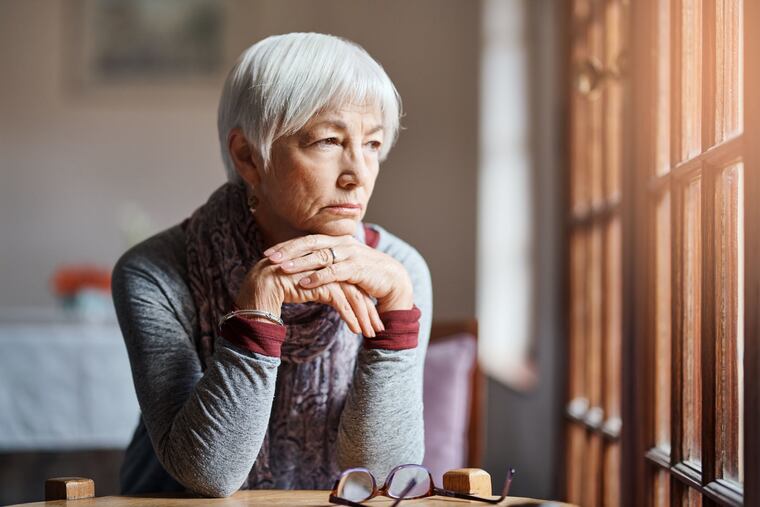The older you get the more time you spend alone. That can mean more health problems.
Too much time alone could be a sign of social isolation, which has been associated with health problems among older people.

As concerns have grown about the dangers of isolation and loneliness in late life, a new study from Pew Research Center finds that Americans spend increasing amounts of time alone as they age, with people in their 70s averaging three hours more alone time each day than people in their 40s and 50s.
The study, which analyzed Bureau of Labor Statistics data, looked at waking hours, excluding time spent in personal activities such as grooming. Average time spent alone increased from 3.5 hours for people under age 40 to 7 hours and 47 minutes for people 80 and older.
Being alone is not inherently bad. Some people may crave more alone time and find it helps them recharge. But too much time alone, the report says, could be a sign of social isolation, which has been associated with health problems among older people, including heart disease, depression, and cognitive decline.
Not surprisingly, people over age 60 who lived by themselves spent almost twice as much time alone — 10.5 hours — as married people in that age group. About a quarter of people age 60 and over live alone. More than a third of older adults who live alone said they spent all of their time by themselves.
Women, who live longer than men and are more likely to be widowed, spent more time alone than men, particularly after age 70. However, older women were less likely than older men to say they spent all their time alone, possibly because women are more likely to go to church or participate in other activities outside the home.